Never depend on server’s time zone
Never depend or rely on the server’s or host JVM’s current default time zone.
Always specify your desired/expected time zone explicitly, passed as optional argument.
java.time
The java.util.Calendar class is now legacy, supplanted by the java.time classes.
Get the current moment in UTC. The Instant class represents a moment on the timeline in UTC with a resolution of nanoseconds (up to nine (9) digits of a decimal fraction).
Instant instant = Instant.now();
instant.toString(): 2017-01-19T22:01:21.321Z
When you want to view that moment through the lens of a particular region’s wall-clock time, apply a ZoneId to get a ZonedDateTime.
Specify a proper time zone name in the format of continent/region, such as America/Montreal, Africa/Casablanca, or Pacific/Auckland. Never use the 3-4 letter abbreviation such as EST or PST or IST as they are not true time zones, not standardized, and not even unique(!).
ZoneId z = ZoneId.of( "America/Los_Angeles" );
ZonedDateTime zdt = instant.atZone( z );
zdt.toString(): 2017-01-19T14:01:21.321-08:00[America/Los_Angeles]

About java.time
The java.time framework is built into Java 8 and later. These classes supplant the troublesome old legacy date-time classes such as java.util.Date, Calendar, & SimpleDateFormat.
To learn more, see the Oracle Tutorial. And search Stack Overflow for many examples and explanations. Specification is JSR 310.
The Joda-Time project, now in maintenance mode, advises migration to the java.time classes.
You may exchange java.time objects directly with your database. Use a JDBC driver compliant with JDBC 4.2 or later. No need for strings, no need for java.sql.* classes. Hibernate 5 & JPA 2.2 support java.time.
Where to obtain the java.time classes?
